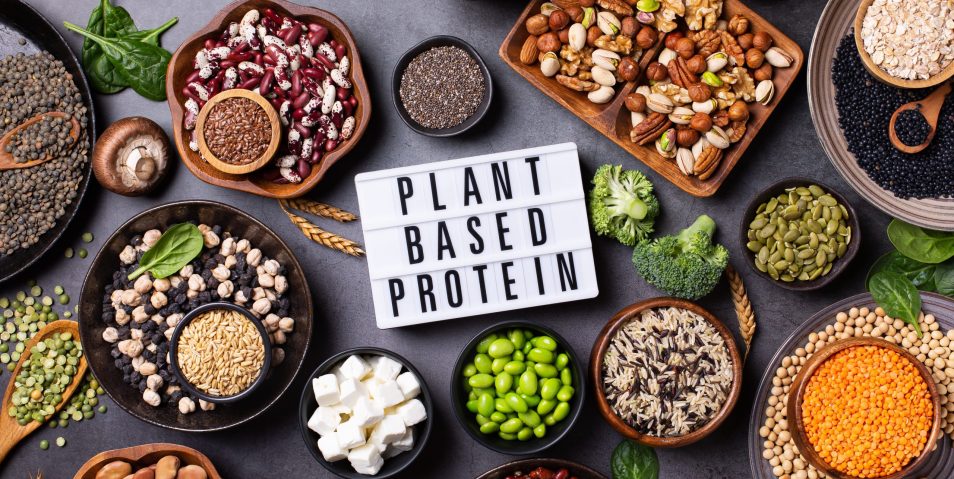Diets containing red or processed meat are associated with a growing risk of digestive system cancers.
This meta-analysis showed that plant-based diets were protective against gastrointestinal cancers and reduced risk by approximately 20% in males and females. Specifically, plant-based diets were protective of colon and/or rectal, liver, pancreas, gastric, oesophageal. Studies mainly included Caucasian, American and Asian populations and an equal proportion of men to women. The review also showed that effects were similar whether you were strictly vegan or followed a vegetarian-type diet. All in all, this conclusion means people do not need to adopt a pure plant-based diet.
Plant foods (e.g., fruits, vegetables, grains, nuts and seeds, legumes and vegetable oils) are primary sources of fiber and other bioactive compounds in the diet. A well-planned plant-based diet promotes a high intake of vitamins, minerals, and phytochemicals, which regulate antioxidant and anti-inflammatory prcoesses. Moreover, evidences suggests that the effect of a plant-based diet on intestinal flora is inextricably linked to digestive tract tumors.
Some Key Points:
–>Daily consumption of nuts reduces the risk of cancers of the digestive system.
–>Eggplant may be a protective food to reduce the incidence of cancer
–>Cruciferous vegetables, allium vegetables, tomatoes, green tea, and whole grain grains also have chemopreventive properties.
Check out the online study here:
-
Zhao Y, Zhan J, Wang Y, Wang D. The Relationship Between Plant-Based Diet and Risk of Digestive System Cancers: A Meta-Analysis Based on 3,059,009 Subjects. Front Public Health. 2022 Jun 3;10:892153. doi: 10.3389/fpubh.2022.892153. PMID: 35719615; PMCID: PMC9204183.



